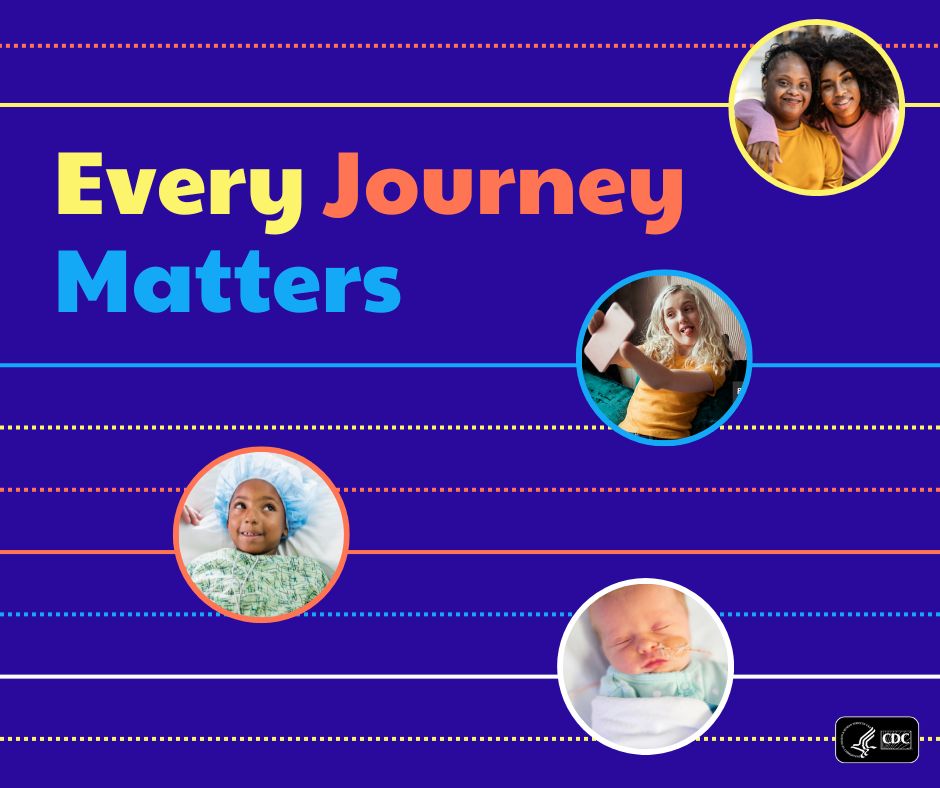Use of the Antidepressant Venlafaxine During Early Pregnancy May Be Linked to Specific Birth Defects

Many women need to take medicine to stay healthy during pregnancy, including medicine for mental health conditions. A study from the Centers for Disease Control and Prevention (CDC) clarified previous research findings on the relationship between use of antidepressants during early pregnancy and risk for specific birth defects. Determining the safety of specific antidepressants may help healthcare providers and their patients weigh the risks and benefits of different medicines to help determine the safest treatment options for women and their developing babies.
Women should discuss options for managing their mental health conditions with their doctors if or when they start planning for pregnancy.
Main Findings
- Researchers found that the risk for birth defects varied depending on the specific antidepressant medicines used.
- Use of the antidepressant venlafaxine (brand name Effexor®) during early pregnancy may be linked to several birth defects, including heart defects, defects of the brain and spine, cleft lip and cleft palate, hypospadias, and gastroschisis.
- Several other medicines, such as sertraline (Zoloft®), fluoxetine (Prozac®), paroxetine (Paxil®), and citalopram (Celexa®) were each associated with a small number of different birth defects. All of these medicines are classified as selective serotonin reuptake inhibitors (SSRIs).
- Although more evidence is needed to be certain, the findings suggest that the increased risk for heart defects among women who reported use of antidepressants classified as SSRIs might be due to the underlying condition (i.e. maternal depression, anxiety, or other mental health concerns) or factors related to the mother’s underlying medical conditions and not the medicines themselves.
- Women shouldn’t start any new medicines or stop a current medicine without talking to a doctor. In some cases, avoiding or stopping a medicine during pregnancy may be more harmful than taking that medicine.
- Women should discuss options for managing their mental health conditions with their doctors if or when they start planning for pregnancy.
About this Study
- Researchers used data from the National Birth Defects Prevention Study, which collects information on babies born with birth defects, as well as babies born without birth defects, in order to study what might cause or prevent birth defects.
- Researchers looked at antidepressant use in over 30,000 mothers of babies with birth defects and over 11,000 mothers of babies without birth defects in the United States.
About Birth Defects
Birth defects are structural changes present at birth that can affect almost any part or parts of the body such as the heart, brain, or foot. Birth defects are common, costly, and critical conditions that affect 1 in 33 babies born in the United States.
Our Work
CDC’s National Center on Birth Defects and Developmental Disabilities (NCBDDD) is working to improve the health of women and babies through its Treating for Two: Safer Medication Use in Pregnancy program. Treating for Two works to understand the safety or risk of using certain medicines during pregnancy. Visit www.cdc.gov/treatingfortwo to learn more about our work in this area.
More Information
Scientific References
Anderson KN, Lind JN, Simeone, RM, et al. Maternal use of specific antidepressant medications during early pregnancy and the risk of selected birth defects. JAMA Psychiatry. 2020 Dec 1;77(12):1246-55.
